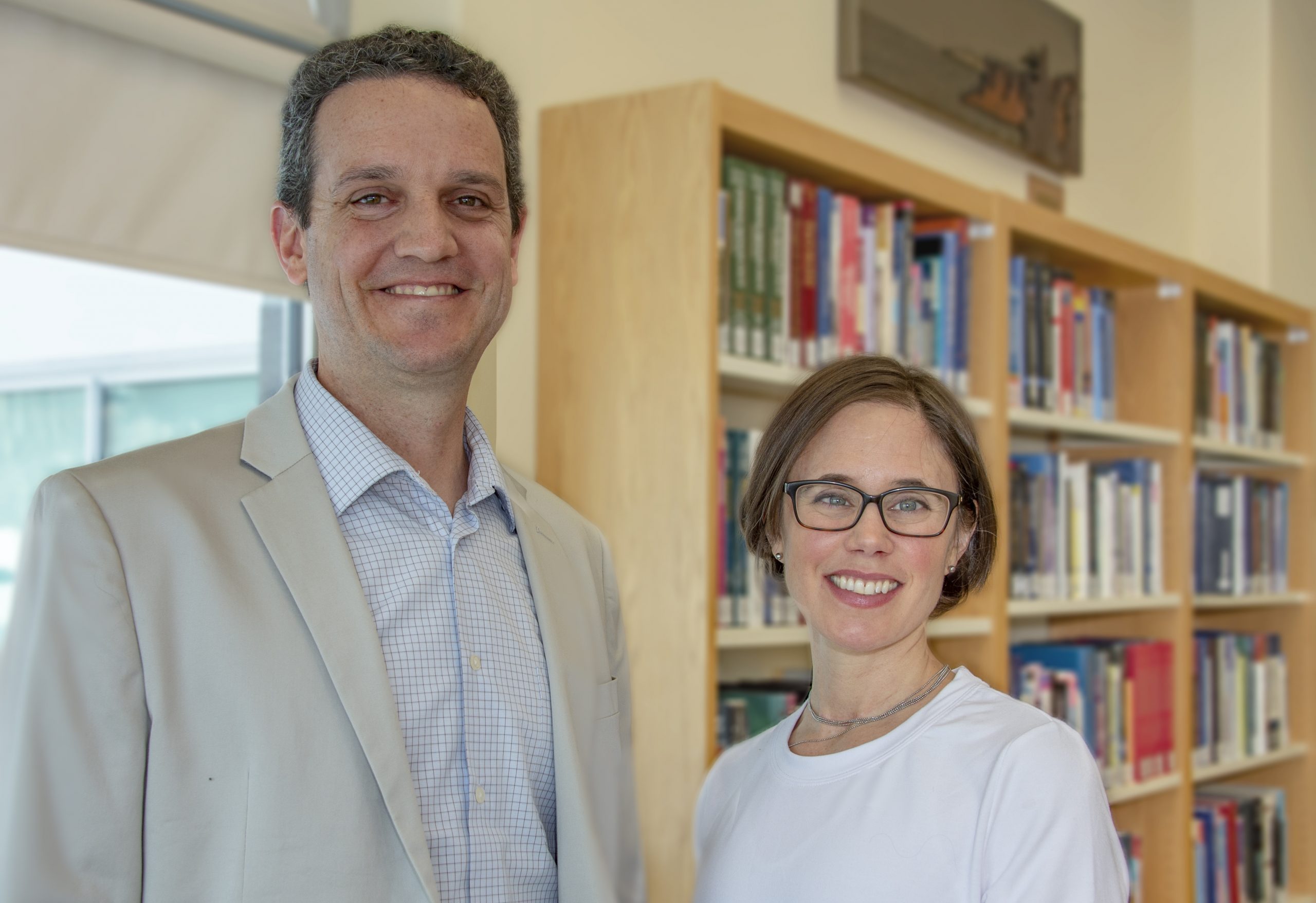New Curriculum Committee draws more faculty and site clinicians to the table
Posted on March 9, 2020
NOSM’s MD program has reorganized their functioning with the creation of a new sub-committee, the Undergraduate Medical Education (UME) Curriculum Committee. The committee’s task is to govern the entire MD program curriculum. Their focus is on unified curriculum content and program-wide integration, while the business and operations side remains the work of the UME Committee (UMEC).
“It really allows us to focus on curriculum across the whole program,” says Dr. Tara Baldisera, co-chair of the new Curriculum Committee. “While curriculum discussions happened at the various theme and phase committees, now it is easier to connect all of these discussions and ensure an improved continuity of our medical education program.”
In the past, both operations and undergraduate program curriculum oversight were governed by UMEC. With the creation of the new Curriculum Committee, its mandate and terms of reference are focused only on curriculum with an emphasis on curriculum review, integration, renewal and bringing more faculty voices to the table to discuss specific curricular pieces regarding structure and content.
“Our focus is to also address our unique curriculum concerns here in the North,” adds co-chair Dr. Alain Simard. “The Committee is structured in a way to support our uniqueness as a distributed medical education program.”
By looking at the program as whole, the group is able to analyze the curriculum across the entire program, including and all years and phases.
“Now we have the opportunity to have some of our site liaison clinicians from our phase two (third-year) Comprehensive Community Clerkship communities at the Curriculum Committee,” says Dr. Baldisera.
“We also have representation from our six core disciplines in phase three (fourth-year) together with our theme faculty and curricular management support. We bring everything together so that we can have those focused discussions around the table,” says Dr. Baldisera.
The types of curriculum discussions the committee is hearing are diverse but include hot-button topics such as climate change. Recently the committee also discussed review of content about nutrition and ways to deliver it.
“The student program evaluation report told us that students have been asking for more exposure to nutrition content which runs across all phases and themes, which makes discussion at the Curriculum Committee important” says Dr. Simard.
Palliative care and advanced care planning curriculum content was also recently discussed, as were updates to curriculum for Indigenous and Francophone health.
“The committee’s role is to facilitate discussion and inclusive decision-making about revisions and direction of the program,” says Dr. Baldisera.
UMEC is now focused on the non-curricular matters of the school including policy, governance and regulation, including student leave or health and safety policies.
Dr. Simard says this new structure is expected to function efficiently between the two separate, yet active committees: “It’s a good example of how different disciplines can work together to improve upon the foundation and reflect the broader goal in a more focused way.
New Curriculum Committee:
- addresses management, evaluation and enhancement of curriculum
- members include Theme, Phase, Division and Discipline faculty, site clinicians, students and UME directors, managers and instructional designers
- oversees curricular revision and reviews program evaluation to maintain and enhance the quality of our medical education curriculum
- ensures that courses address all medical education program outcomes
- optimizes clinical experiences and settings
Undergraduate Medical Education Committee (UMEC):
- addresses non-curricular matters such as operational, business-related decisions
- members include executive leaders, administration, faculty representatives (Themes, Phases and Divisions) and students
- oversees policy, governance, and regulation, e.g. student leave policies, health and safety policies (process and regulation)

